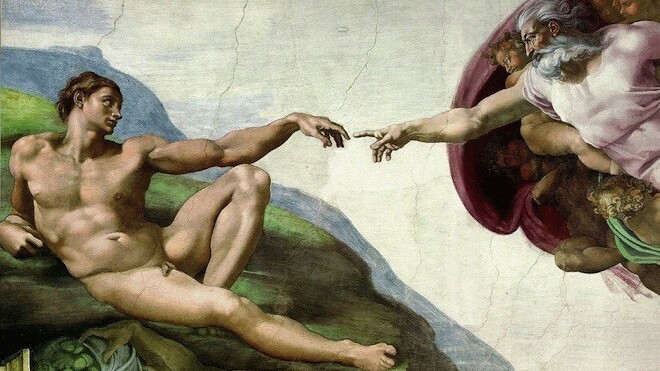
To kick off the latest Startup Weekend in the Bay Area, Silicon Valley celebrity Steve Blank declared “founders are artists,” a simple affirmation drawing from lot of experience.
Steve Blank is a multi-faceted personality, whom I discovered through his “Secret History of the Silicon Valley” talk, later to find out that he’s serial entrepreneur teaching entrepreneurship to both undergraduate and graduate students at UC Berkeley, Stanford University and the Columbia University/Berkeley Joint Executive MBA program. When you speak with someone like Steve Blank you feel that inspiration is not a concept, but something that you can provoke by sharing knowledge. He is teaching current and future entrepreneurs the principles that irrigate the valley, linking customer development, agile methodologies and business model design.
If one is to think of entrepreneurship as an art form it’s like dance where the well-defined steps have never hindered some of the most beautiful and genius artistic expression. It may feel disruptive to correlate these two ideas, “art” and “entrepreneurship” because most of the time the latter brings to our mind notions such as products, business strategy and marketing. But in order to succeed one has to have vision, desire, passion and a canvas to express it.
 As Steve Blank says “great founders are in a constant state of revolution. They are artists who always keep this mindset”. That’s why Steve Blank wanted to experiment at Stanford, with a new class, to “teach entrepreneurship like you teach artists – combining theory – with intensive hands-on practice.”
As Steve Blank says “great founders are in a constant state of revolution. They are artists who always keep this mindset”. That’s why Steve Blank wanted to experiment at Stanford, with a new class, to “teach entrepreneurship like you teach artists – combining theory – with intensive hands-on practice.”
This 10 week experimentation was called The LeanLaunch Pad, organized to bring the students “out of the building”, guided by mentors, to really confront their ideas. The class was designed to give students the perfect framework to let them explore their ideas, but also learn more about themselves.
But what advantage do these students now have over entrepreneurs who naturally take risks to work on their own ideas and projects with passion? According to Blank, this class gives the student a huge leg-up as they evolve in a safe environment where they can make mistakes, learn from mentors and collectively gain experience that would otherwise take years and millions of dollars in the real world. While apprenticeship can be a personal path, as an instructor Blank provides a framework to guide students to become great entrepreneurs.
While being an artist is also about learning technique and honing skills (that is what art school is all about), I feel that this is a great, new experiment that will bring confidence to engineering students and business school program fellows by supporting them every week, and pushing them to go “out of their comfort zone” as says Blank, “going outside the building, confronting their assumptions about real customer development and talking to people.”
The class was a success: it was not an incubator as students are still Stanford graduates, but some projects are continuing, the next class will start in January 2012, meanwhile Berkeley has also decided to implement the class.
While Steve Blank is a teacher, he seems to have also learned a lot during these 10 weeks, in which he saw immense commitment from the students. “Educators are here to give people skills, not just data,” he says. The teams accomplished an unexpected amount of work, being so passionate and committed to their projects. Some VCs even said to Blank that they had never seen so much work done in so little time. With 54 hours for Startup Weekend, 10 weeks for the LeanLaunch Pad, a deadline definitely helps you to think fast, implement swiftly and iterate quickly. The scalable startup is the one that keeps this rhythm, accelerating the feedback loop, implementing its business model while helping the company evolve.
The successful entrepreneur is the one who embraces this evolution. In his class, Steve Blank also talks about entrepreneurship as an art form and how founders are artists who have to evolve with their means of expression. Michel Angelo’s work is absolutely fascinating to explore from a chronological perspective because the master grows with his art. Steve Blank believes that the same process applies to founders. He says, “Steve Jobs is a perfect example of a founder who grew with the evolution of his company. Some people grow into their jobs.” By embracing your function, you become the right man for it, not the other way around.
An experimentation like the LeanLaunch Pad is a great way to see what you are made out of. You cannot make a painter, “thats the personal touch, that’s the art,” explains Blank. But a teacher like him can definitely show you how to pick up the brush and paint on your own canvas.
Get the TNW newsletter
Get the most important tech news in your inbox each week.




